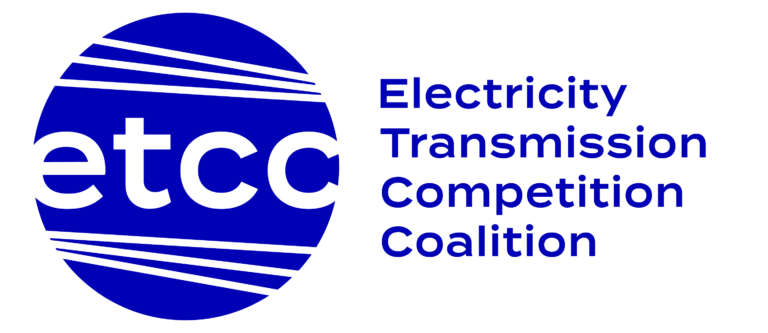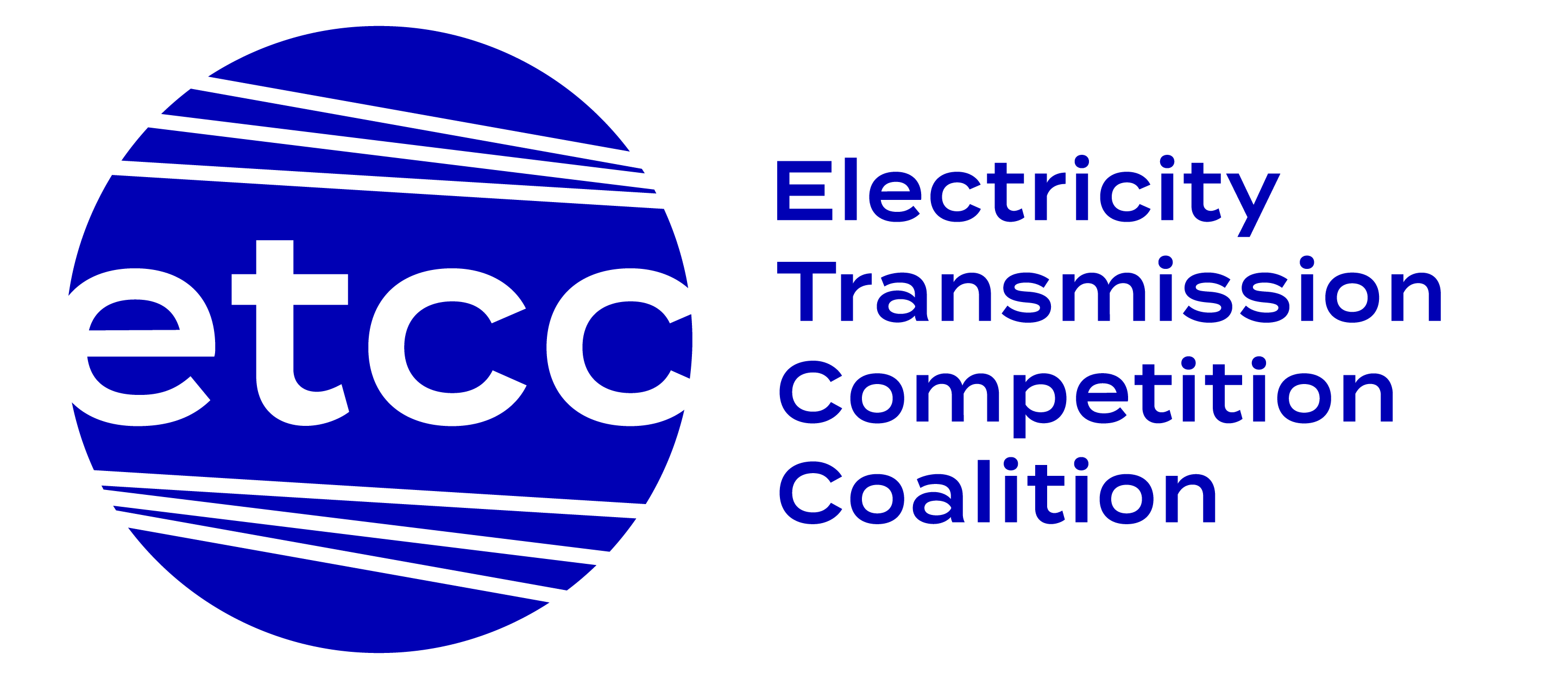
FOR IMMEDIATE RELEASE
August 9, 2024
ICYMI: NPR Exposes Incumbent Monopoly Utility Efforts to Block Electricity Transmission Competition and Increase Consumer Costs
ICYMI – NPR’s Planet Money published a story on the issue of electricity transmission competition. During the episode, former FERC Chair Jon Wellinghoff said it best, “competition provides for faster, better, cheaper. That’s all going to help consumers.” However, as NPR showed, monopoly electric utilities took action to avoid competition to increase their profits. The result was sky-high transmission costs that were passed onto consumers.
In a statement Paul Cicio, Chair of ETCC, said: “In 2011, The Federal Energy Regulatory Commission rightly found that FERC jurisdictional transmission competition was in the public interest. Order 1000 was right, and the incumbent utilities were wrong.
“PJM is a good example of what wrong looks like. The cost of transmission as a percent of the cost of wholesale electricity rose from 9.4 percent to 28 percent from 2013 to 2023 and rates have more than doubled despite the fact that demand was essentially flat.
“The expectation and intention of Order 1000 was that it would advance more efficient planning and reduce costs. Instead, incumbent monopoly electric utilities took legal action to stop Order 1000 and urged their state legislatures to protect their monopoly via ROFRs. Then, they built several hundred supplemental transmission lines to avoid competition instead of building efficient regional transmission lines that would improve reliability and lower costs for consumers.
“The only studies out there that oppose transmission competition are by the monopolists and they cherry-picked market data. Common sense says competition is beneficial – not hurtful.”
Excerpt from the conversation between former FERC Chair Jon Wellinghoff and NPR:
WELLINGHOFF: We would have multiple competitive parties out there trying to put in more lines in the country, and more lines would ultimately get built because of that competition. My belief is that competition provides for faster, better, cheaper. That’s all going to help consumers.
NPR: Incumbent utilities were not happy. They pushed back against competition hard, finding exception after exception. To avoid it, they successfully preserved their monopoly through state legislative action. One study found only three to 8% of all transmission projects were competitively bid in the years after Order 1000 went into effect.
Listen to the full story here.
About the Electricity Transmission Competition Coalition
The Electricity Transmission Competition Coalition (ETCC) is a broad-based, nation-wide coalition committed to increasing competition in America’s electricity transmission infrastructure. We advocate for common-sense policies and solutions that result in competitively priced transmission projects, which reduce energy costs for all ratepayers – from large manufacturers to residential consumers. The ETCC represents a diverse group of 95 companies and organizations from all 50 states, including manufacturing groups, retail electric consumers, state consumer advocates, public power representatives, think tanks, and non-incumbent transmission developers.
For more information, visit: www.electricitytransmissioncompetitioncoalition.org.
Press Contact:
Julian Graham
jgraham@signaldc.com
###
